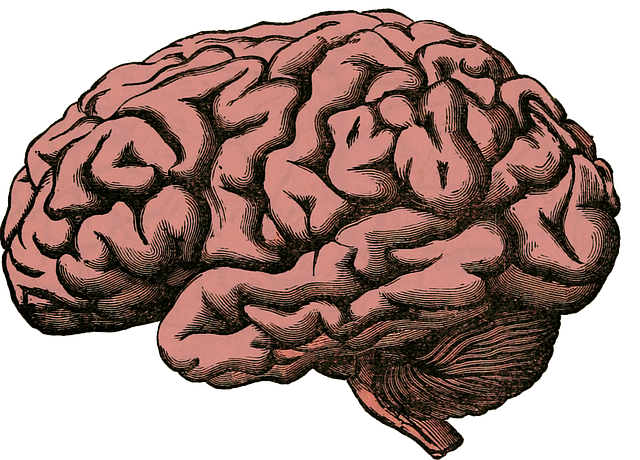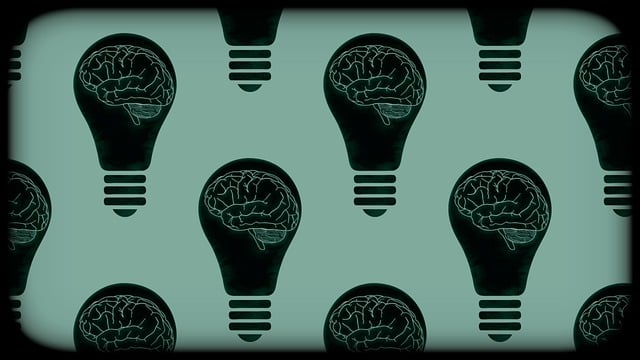Mental health advocacy is a powerful tool to combat stigma, promote understanding, and support individuals with mental health conditions, including those who benefit from specialized care like Superior Developmental Disability Therapy. It involves raising awareness, educating communities through public campaigns, implementing policy changes, and integrating stress reduction methods. Effective advocacy strategies include comprehensive campaigns, tailored interventions, policy analysis, risk management planning, and community engagement to foster unity and break down barriers. Evaluating the impact of these initiatives is crucial to measure success and guide future programs, ensuring better access to care and enhanced support systems for all.
Mental health advocacy initiatives play a pivotal role in breaking down stigma and fostering inclusive communities. This article explores various facets of advocacy, including the essential role of specialized services like Superior Developmental Disability Therapy. We delve into strategies for effective campaigns, highlighting the power of community engagement to drive meaningful change. Additionally, we discuss measuring success through evaluation, emphasizing the impact of advocacy programs on improving mental health support and accessibility.
- Understanding Mental Health Advocacy: A Key to Breaking Stigma
- The Role of Superior Developmental Disability Therapy in Advocacy
- Strategies for Effective Mental Health Advocacy Initiatives
- Community Engagement: Uniting Voices for Change
- Measuring Success: Evaluating the Impact of Advocacy Programs
Understanding Mental Health Advocacy: A Key to Breaking Stigma

Mental health advocacy is a powerful tool in the fight against stigma and discrimination. It involves raising awareness, promoting understanding, and supporting individuals with mental health conditions to live fulfilling lives. By advocating for better access to quality care, such as Superior Developmental Disability Therapy, we can ensure that people receive the necessary support tailored to their unique needs. This process is crucial in breaking down barriers and challenging societal perceptions.
Advocacy plays a pivotal role in shaping public opinion and policy decisions related to mental health. Public Awareness Campaigns Development can educate communities about various mental health issues, dispelling myths and promoting empathy. Additionally, risk management planning for mental health professionals is essential to ensure a safe and supportive environment for both practitioners and clients. Stress Reduction Methods can also be integrated into advocacy initiatives, providing individuals with tools to manage their well-being and fostering a culture of resilience.
The Role of Superior Developmental Disability Therapy in Advocacy

Superior Developmental Disability Therapy plays a pivotal role in mental health advocacy by addressing the unique needs of individuals with developmental disabilities. This therapeutic approach goes beyond traditional mental health care, focusing on holistic support and empowering individuals to navigate their challenges. Through tailored interventions, therapists foster not only emotional well-being but also enhance coping mechanisms, stress reduction methods, and burnout prevention strategies specifically adapted to their developmental level.
By integrating empathy building strategies, Superior Developmental Disability Therapy promotes understanding and acceptance, breaking down barriers often faced by this community. This specialized care encourages individuals to express themselves, develop resilience, and build meaningful relationships, ultimately contributing to a more inclusive society that prioritizes mental health advocacy for all.
Strategies for Effective Mental Health Advocacy Initiatives

Mental health advocacy initiatives require a multifaceted approach to be truly effective. Firstly, public awareness campaigns play a pivotal role in reducing stigma and fostering understanding. These campaigns can utilize various media channels to share stories, dispel myths, and highlight resources available for mental health support. Secondly, integrating Superior Developmental Disability Therapy into these initiatives ensures tailored interventions for vulnerable populations, enhancing their overall well-being.
Moreover, Mental Health Policy Analysis and Advocacy is essential to drive systemic change. This involves analyzing existing policies, identifying gaps and inequalities, and advocating for evidence-based reforms that prioritize mental health services. Additionally, Risk Management Planning for Mental Health Professionals safeguards both practitioners and clients by establishing guidelines for handling crises, ensuring a safe environment for therapy sessions, and promoting best practices in clinical settings.
Community Engagement: Uniting Voices for Change

Community engagement is a powerful tool in the mental health advocacy landscape, fostering unity and amplifying voices that demand change. By bringing together individuals from diverse backgrounds, including those with superior developmental disability therapy needs, communities can create supportive networks that promote mental wellness. This collective effort not only raises awareness but also encourages open conversations about mental health struggles, breaking down societal barriers and stigma.
The production of a Mental Wellness Podcast Series can serve as a platform for sharing Empathy Building Strategies and Burnout Prevention Strategies for Healthcare Providers within these communities. Such initiatives empower individuals to take charge of their mental health journeys while offering valuable resources for those supporting them. Through collaborative efforts, communities can create lasting positive change, ensuring better access to care and enhanced support systems for everyone.
Measuring Success: Evaluating the Impact of Advocacy Programs

Evaluating the success of mental health advocacy initiatives is a crucial step in understanding their impact and shaping future programs. Measuring success goes beyond simple attendance or participation; it delves into tangible outcomes that improve individuals’ lives. One key metric is the long-term effect on participants’ mental well-being, including reduced symptoms of anxiety, depression, and enhanced coping mechanisms. For instance, programs focusing on superior developmental disability therapy could measure success by tracking improvements in social interactions and overall quality of life for those with disabilities.
Additionally, assessing the broader community impact is essential. Advocacy initiatives that foster conflict resolution techniques and resilience building can contribute to a safer, more supportive environment. By measuring reductions in instances of violence or discrimination and increased public understanding of mental health issues, such programs demonstrate their value. These evaluations not only hold advocates accountable but also provide evidence to attract funding and support, ultimately enhancing the reach and effectiveness of mental health advocacy efforts.
Mental health advocacy initiatives, powered by understanding and strategies like those offered by Superior Developmental Disability Therapy, are instrumental in breaking down stigma. By fostering community engagement and measuring success through evaluation, these programs create a more inclusive society that supports mental wellness. Together, we can unite voices for change and ensure everyone receives the care they need.














